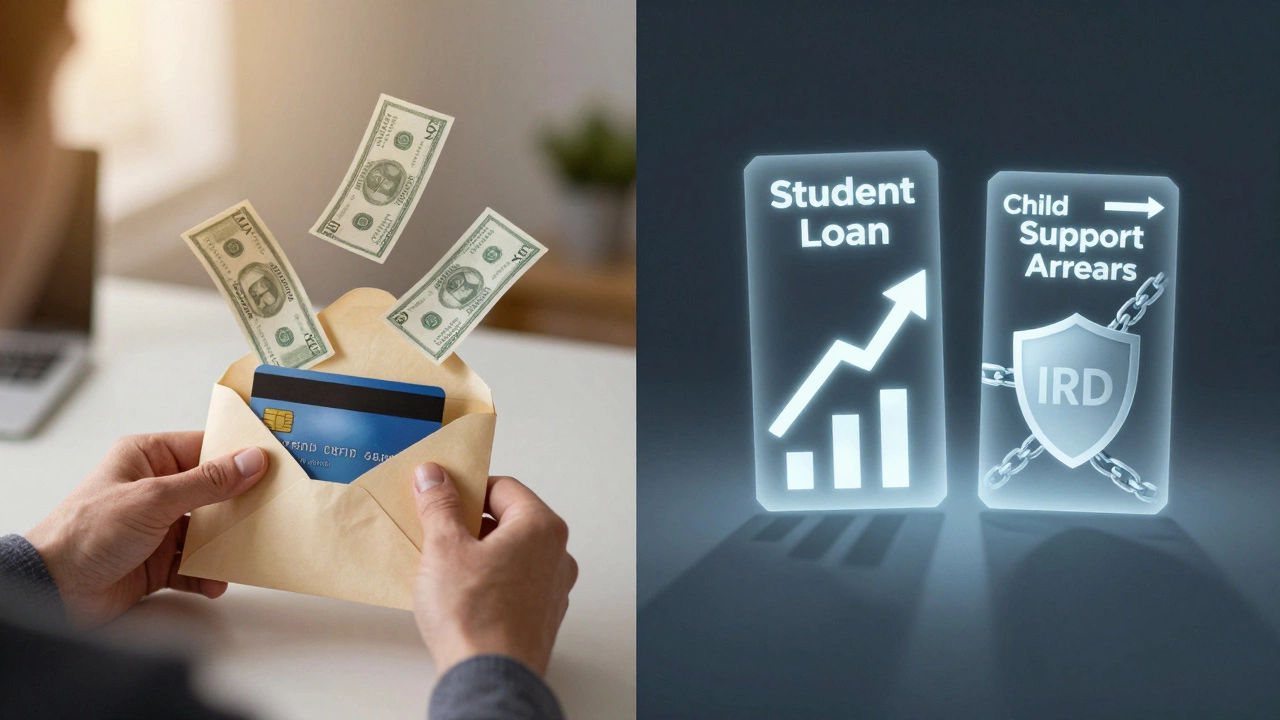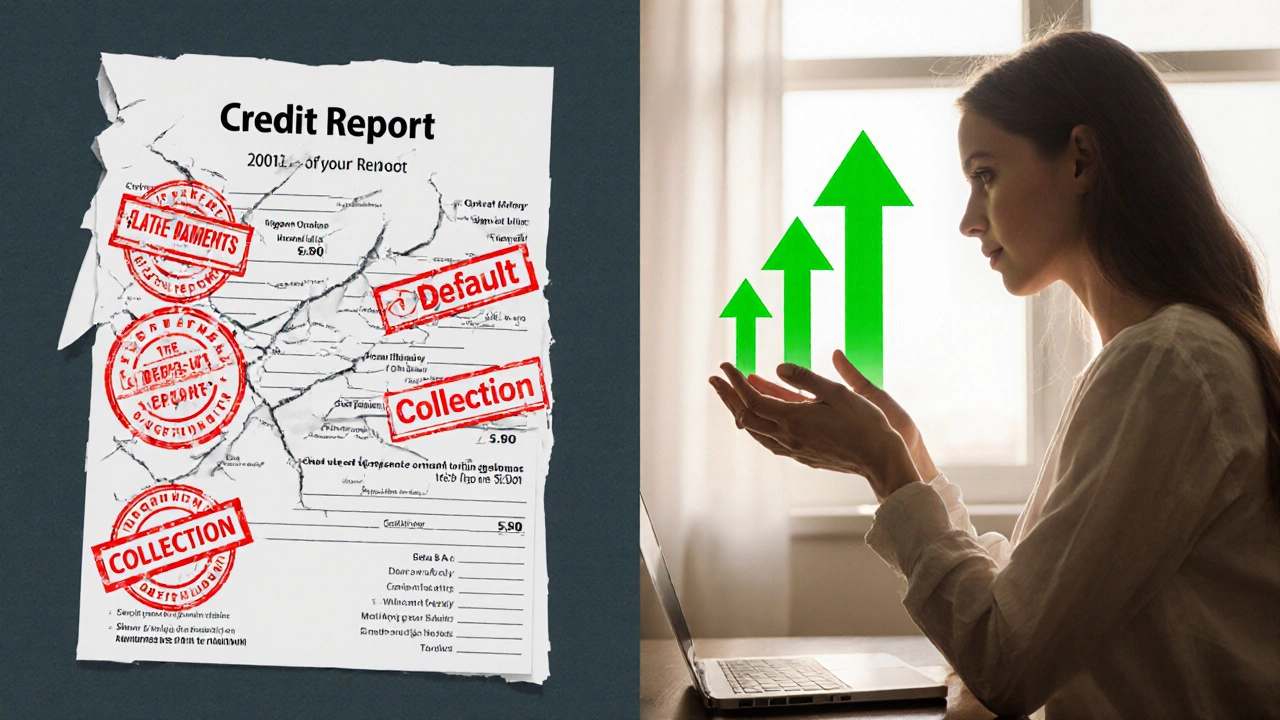Debt consolidation made simple: how to combine loans and lower payments
Got a bunch of credit cards, personal loans, and maybe a small mortgage? If the payments feel like a juggling act, you’re not alone. Debt consolidation means taking all those balances and moving them into one loan that’s easier to manage. The idea is simple: one payment, often a lower interest rate, and a clearer path to paying it off.
Why people choose to consolidate
First off, fewer payments mean fewer chances to miss one. When you pay one bill on the same day each month, it’s easier to remember and budget for. Second, many lenders offer lower rates for a larger, single loan than you’d get on multiple smaller ones. That can shave a few pounds off your interest each year, which adds up over time. Finally, a single loan can improve your credit score if you keep the balance low and pay on time. It shows lenders you can handle debt responsibly.
How to start the consolidation process
Step 1: List every debt, its balance, and its interest rate. This quick spreadsheet helps you see the big picture. Step 2: Check your credit score. A higher score gives you more options and better rates. If your score is low, you might still qualify, but expect a higher interest rate.
Step 3: Shop around for the right loan. Look at banks, credit unions, and online lenders. Pay attention to the APR, any fees, and the loan term. A longer term reduces monthly payments but can cost more in total interest, so find a balance that works for you.
Step 4: Apply for the loan. You’ll need proof of income, identification, and the debt list you created. The lender will run a credit check and decide on the amount they’re willing to lend.
Step 5: Pay off the old debts. Once you get the new loan, use the funds to clear every existing balance. Make sure each account shows a zero balance, then close any cards you don’t need to avoid new temptation.
Step 6: Set up automatic payments for the new loan. Automating the payment removes the risk of missing a due date and can sometimes lower your rate further.
Tips to keep the debt from coming back: Don’t open new credit cards unless you really need them. If you must use a card, pay the full balance each month. Keep a budget that shows where your money goes, and stick to it. If you find you’re slipping, reach out to a free debt advice service for a quick check‑in.
Debt consolidation isn’t a magic fix, but it’s a solid tool when you’re tired of juggling multiple bills. By pulling everything into one loan, you cut down on stress, often save on interest, and give your credit score a chance to recover. Take the first step today – write down those balances, check your score, and start comparing offers. Your wallet will thank you.












